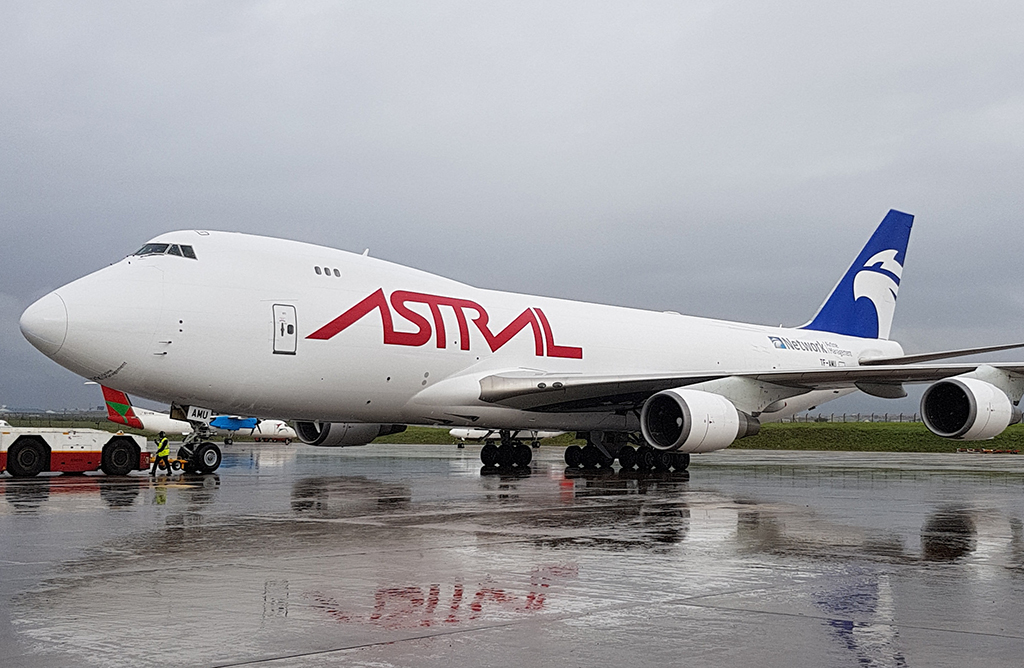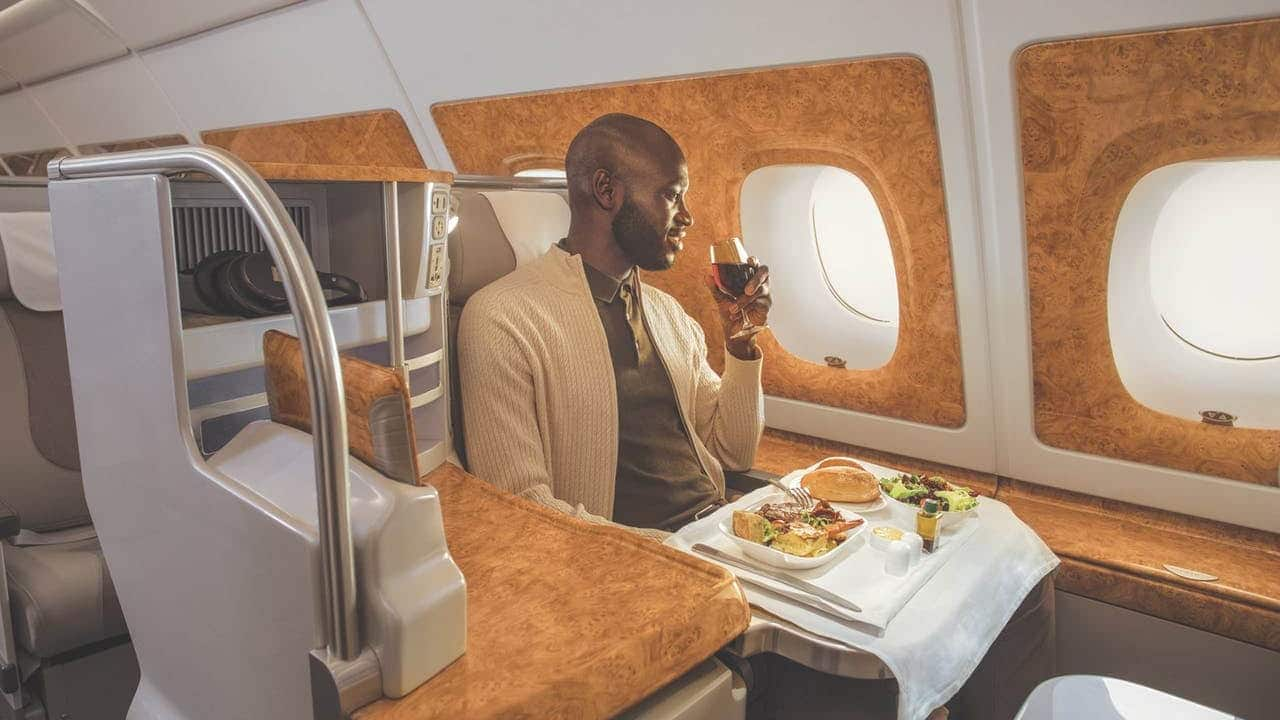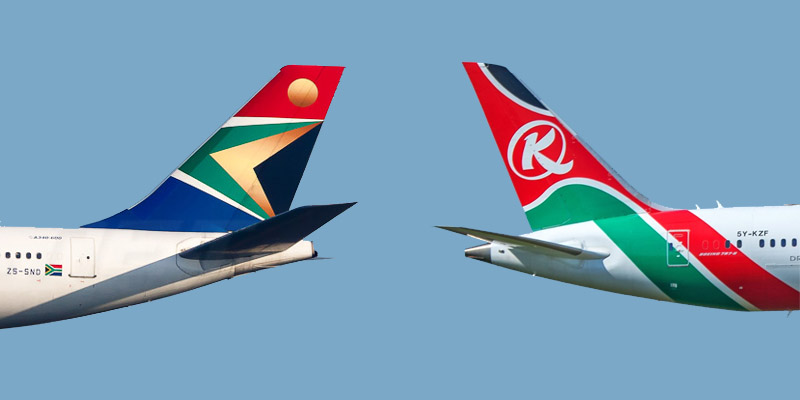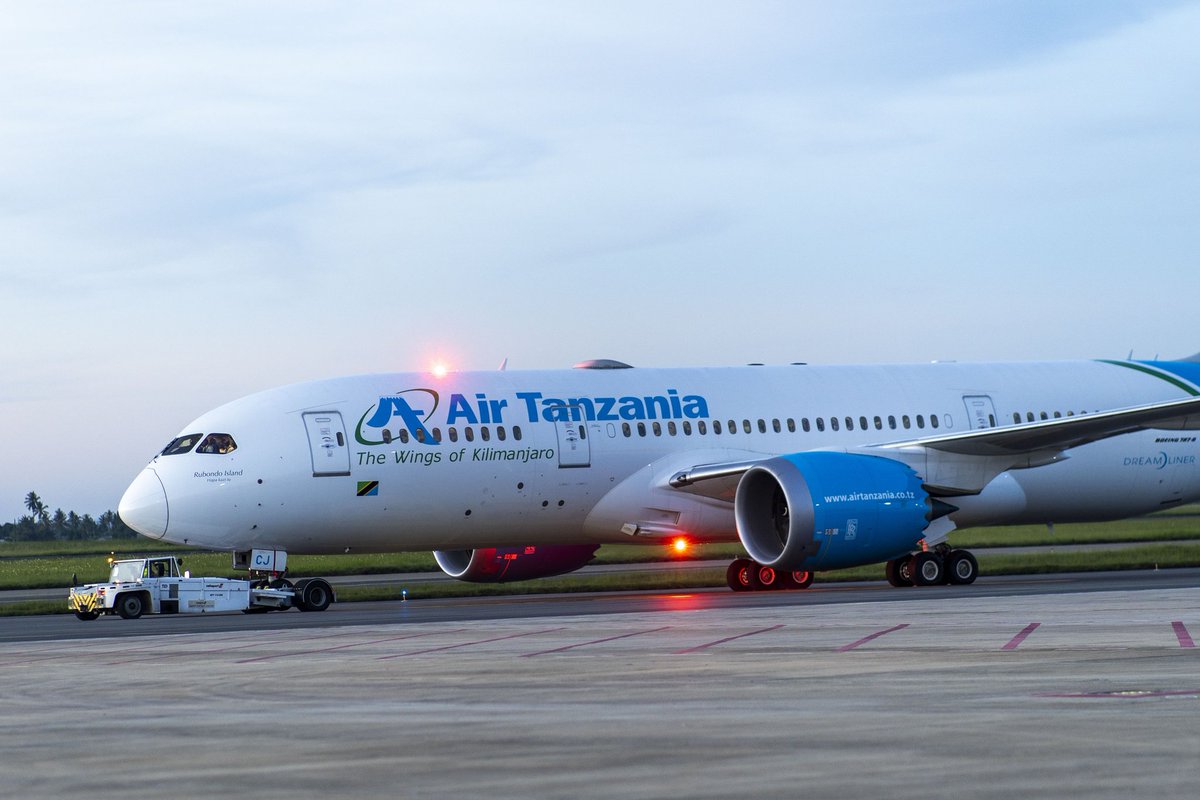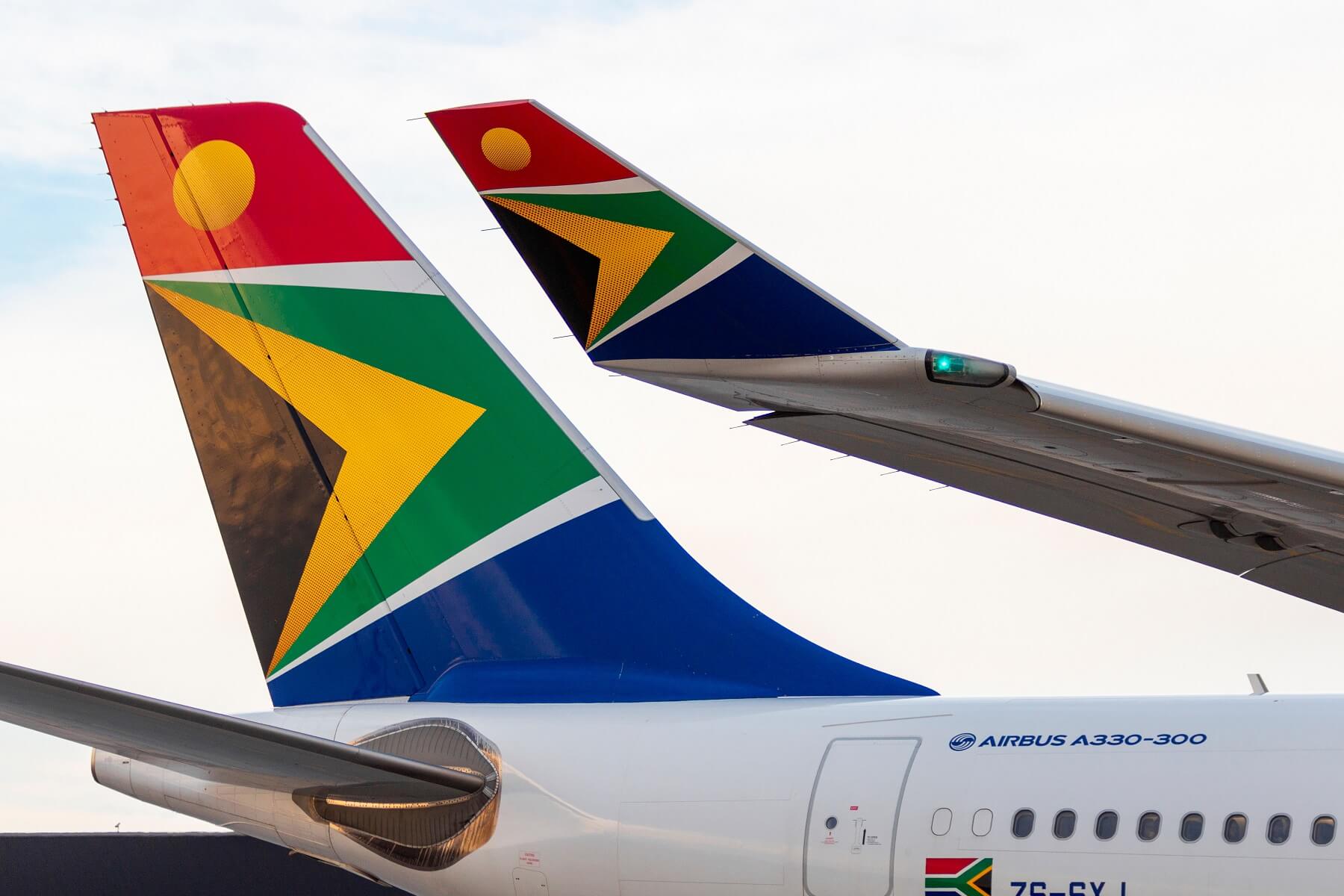During the global COVID-19 pandemic, the business aviation industry has experienced significant growth, and this has also been the case in the Africa region.
With an expanding business aviation industry comes the increased need for business aircraft handling services. With this uptick in demand, current infrastructure, the provision of security services and opportunities for investment have been a focus for ground service providers in Africa’s business aircraft handling sector.
Infrastructure in Africa
A defining preference of business aviation travelers is to move away from the standard experience, instead going through an exclusive private experience that enhances the overall objectives of their travel and creates a flexibility that regular flights do not offer.
According to officials with UAS Africa, however, some airport administrators and authorities in Africa do not fully appreciate this concept and prefer to place security considerations above anything else.
“In some cases, the funds are not just available to develop infrastructures for business aviation due to current volume of traffic, despite the potential that such facilities may hold for the future,” say UAS Africa officials. “At African airports, FBOs or private terminals are not very common. In fact, VIPs and business travelers are often subject to the same immigration and custom procedures as regular airline passengers. This means that most times it is not convenient for VIPs and business travelers, and it erodes the ideas and experience associated with private or business travels.”
The exclusive facilities that FBOs offer include private meeting rooms and lounges for VIPs who travel for short meetings lasting only a few hours and then returning, thereby avoiding chaotic traffic situations common in African urban cities, according to UAS Africa representatives.
“Other FBO features that are attractive to business aircraft include dedicated fuel services (and) easy access to light maintenance,” they say. “We have seen the effects of these facilities in Nigeria and South Africa on the exponential growth of business traffic in these two countries in the last decade.”
Security Services
According to UAS Africa officials, aviation security threat issues are quite similar globally and exist in any region.
“Africa no doubt has its own share of such threats, which are unique and peculiar to Africa. The first threats are theft and pilferage of baggage and cargo,” say officials at UAS Africa. “Poor baggage surveillance systems at some airports can lead some people to take advantage and steal valuable items and cargo.”
When aircraft are parked overnight, for long periods in remote locations or at parts of airports with limited security surveillance, reports have been made of fuel thefts and removal of minor parts of an aircraft, according to UAS Africa officials.
“The ‘stowaway’ issue is a phenomenon often associated with Africa. People often take chances with this extreme but disastrous route,” they say. “These are often airport staff who have easy access to aircraft, or inhabitants of neighboring residential areas to airports who over time have discovered security loopholes.”
Another threat for some airports that are located in the heart of a city, or which over time have been caught in developments around the airport, is that they could be compromised in terms of security, especially if they have fences that are not properly secured to completely ward off intruders, according to UAS Africa officials.
“For airports that are at quite some distance from a city and hotels and require passengers to travel long distances at night or odd hours, providing security escorts becomes imperative especially in areas with histories of insurgencies, banditry, wars and general insecurity,” say UAS Africa representatives.
In certain parts of Africa there is also the need to prevent the infiltration by insurgent groups that mean to cause harm to passengers or airport infrastructure.
“These include Al Shabab in Somalia, Boko Haram in Nigeria Sahel region and others. We have seen a recent case in Kaduna, Nigeria where people were allegedly attempting to overrun and take over the airport but were repelled by security forces,” say officials at UAS Africa.
For what concerns the movement of contraband, it is known that Africa is rich in minerals and valuable resources, observe UAS Africa representatives.
“Unscrupulous people move minerals like gold from its source to more lucrative markets by taking advantage of porous borders and corrupt government systems. Likewise, Asia is a ready market for rare animal species and trophies and some people will use all means to move these through our airports to the markets,” they say. “All these threats can easily be addressed by considering additional aircraft security on the ground. Operators may also want to consider secured crew transfers with escorts. In general, however, most airports in Africa are generally safe and secure.”
Investment Opportunities
Opportunities abound everywhere in Africa for investment in infrastructures, UAS Africa officials explain.
“In the area of FBOs, Africa lags other continents. FBOs in Africa are in only a few countries, yet they are the future of growing business travel. The long-term prospects are that the concept is gaining traction and many airport authorities are seeing the need to have public-private partnerships to develop FBOs,” they say.
With Africa’s growing fleets, aircraft maintenance is in high demand. But maintenance facilities are thin across Africa apart from Ethiopia and South Africa, which have comprehensive MRO facilities for large aircraft.
“Investing in MROs would surely be a great idea. Aircraft spares supply and distribution is another area which investors are overlooking,” say officials at UAS Africa. “We have seen numerous AOG situations where aircraft wait on end to secure parts from Europe, America and even the Middle East for spares as simple as aircraft tires – all with very cumbersome customs clearing processes. Investments in this area would be worthwhile, too.”
Additionally, many African airports have minimal parking space and cannot easily accommodate large aircraft.
“The high cost of airport infrastructure prevents them from making it a priority to develop and expand airport infrastructure. The effects are that despite economic growth on the continent, some countries will continue to rely on neighboring countries to ship in their goods by air or transport large numbers of passengers on planes,” says UAS Africa officials. “This ends up being more costly for the economies. There is therefore a great opportunity in developing modern airports that can accommodate large and modern aircraft and terminal facilities for passengers.”
Another opportunity is in upgrading airports with the latest technology to minimize time taken filling forms, checking in and other manual procedures.
“These include self-service check-in systems and automated passport control,” note UAS Africa officials. “These are happening at some locations, and although very slowly, there are prospects of wider coverage in the very long term.”
UAS Africa representatives highlight that good hotels in and around the airports create a multiplier effect of business and infrastructural developments around the airports.
“Hotels are an integral part of the travel industry and with growing urbanization, which is also rapidly creating situations of chaotic traffic jams and insecurity. Airport hotels are becoming popular. Unfortunately, investments in this area are still slow,” say UAS Africa officials.
One last important point to highlight is catering.
“It may be shocking to know that there are still quite a few major international airports in Africa where one cannot get catering items as minor as ice, except if one procures from the city or the hotels,” say officials at UAS Africa. “Even where catering companies are available, their leaning tends to be towards the regular commercial airlines catering where the volume is. Specialized business or VIP catering could be the way to go.”
Source: Aviation Pros

